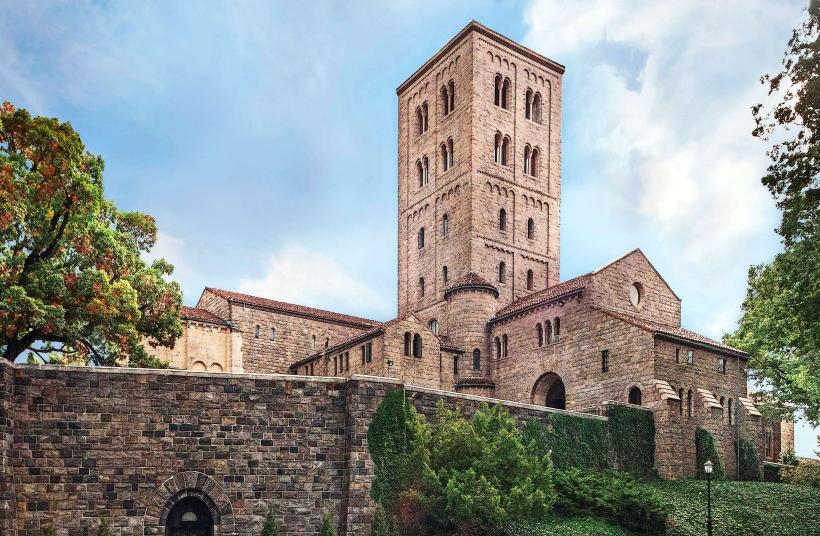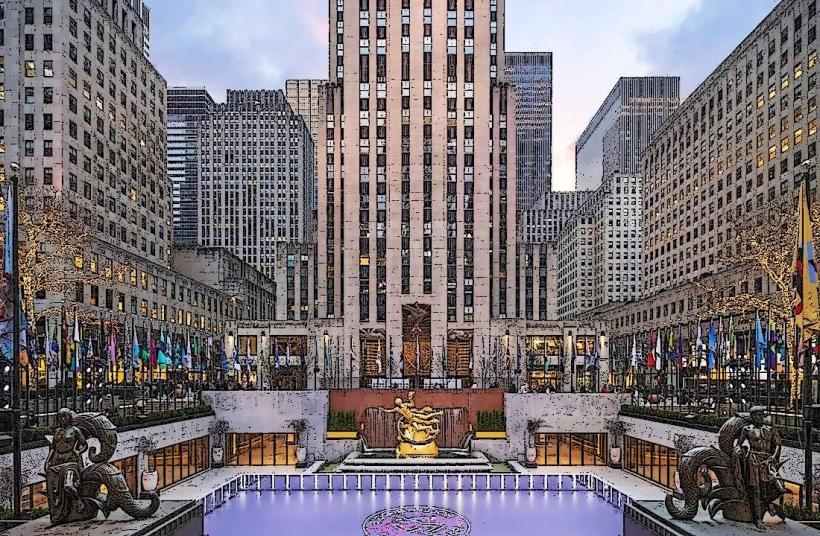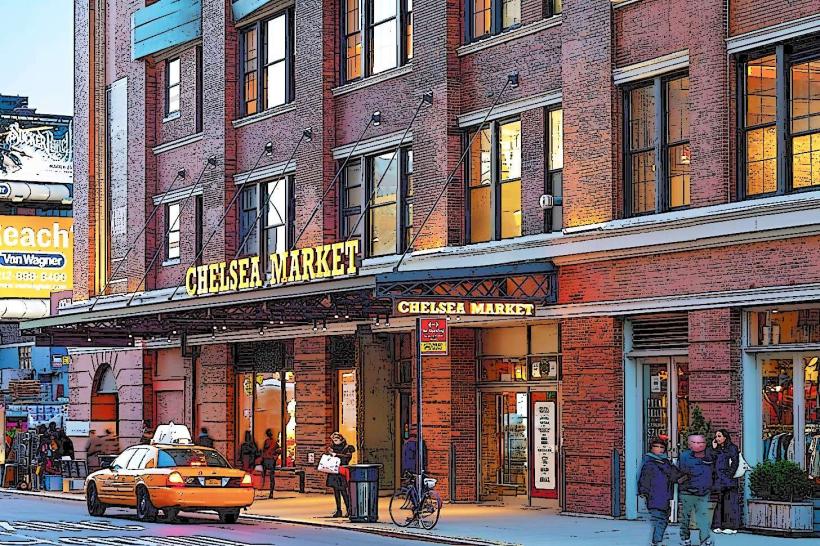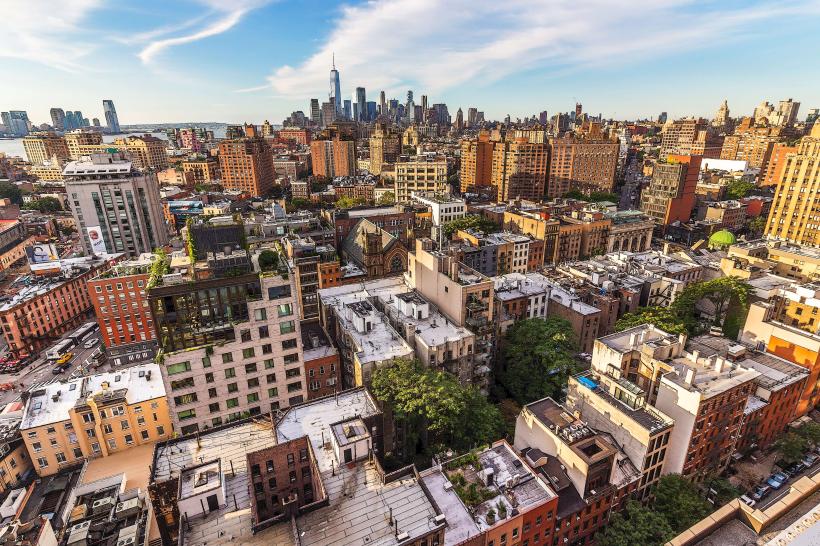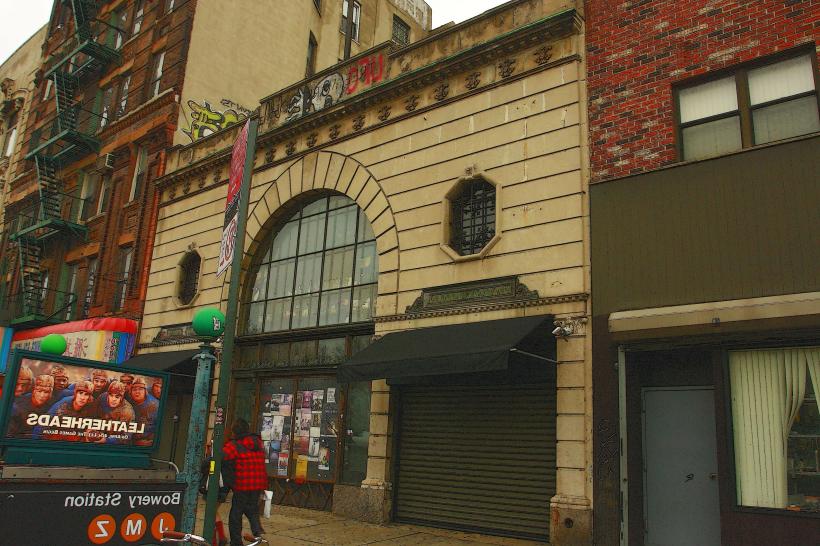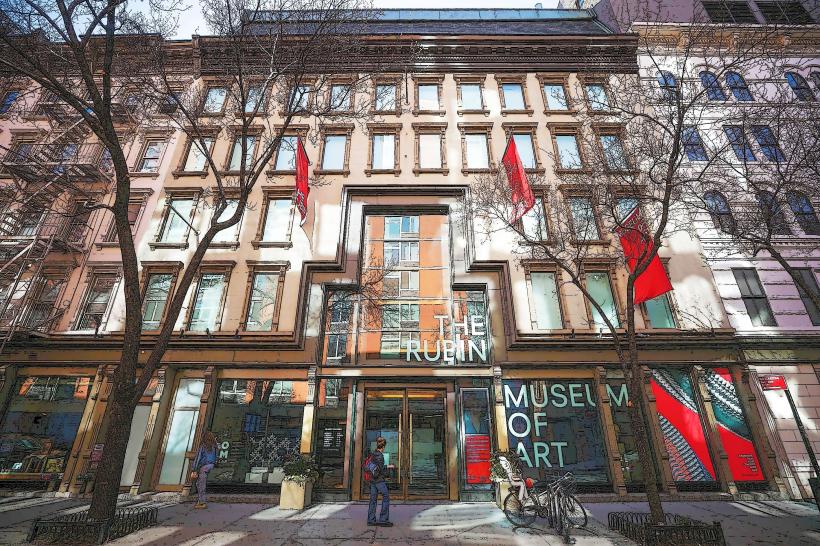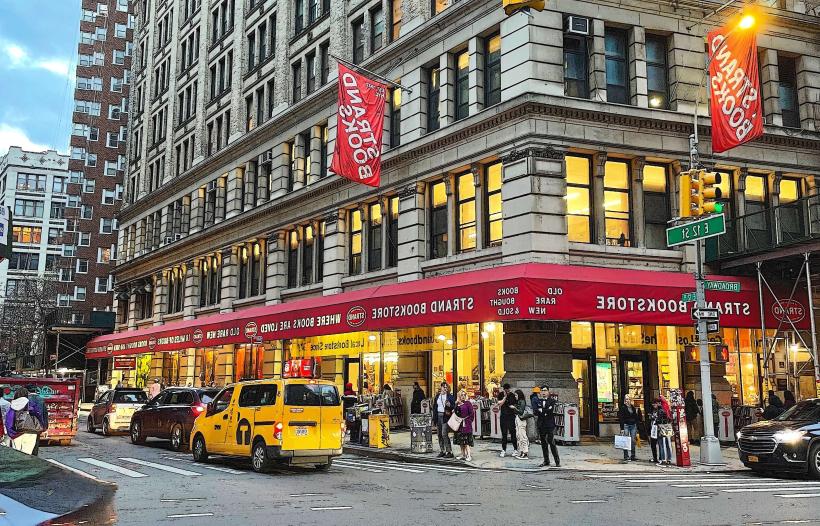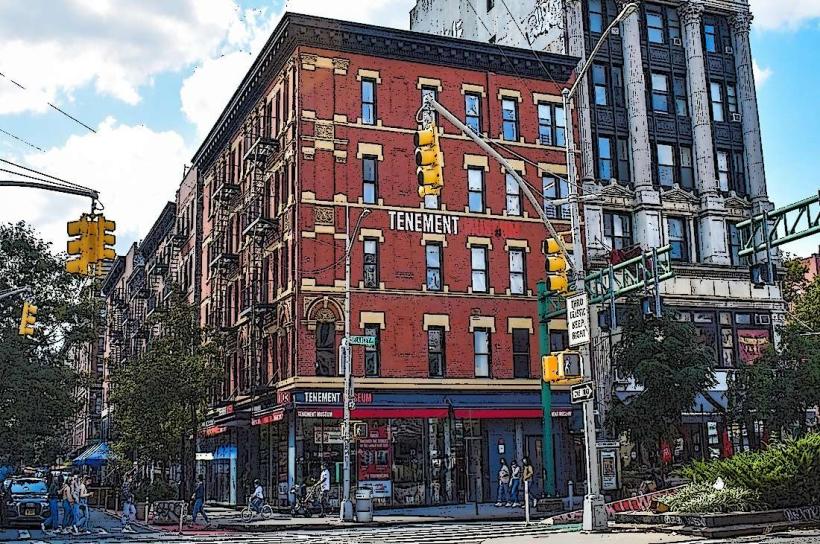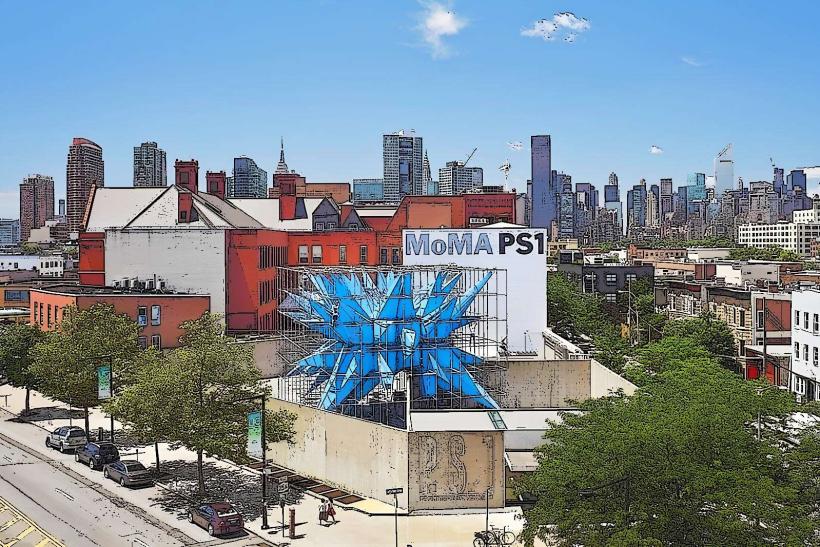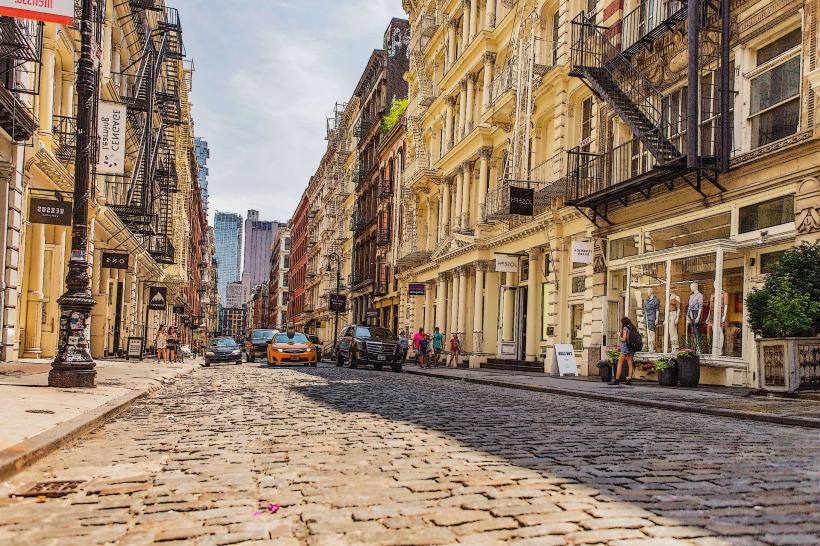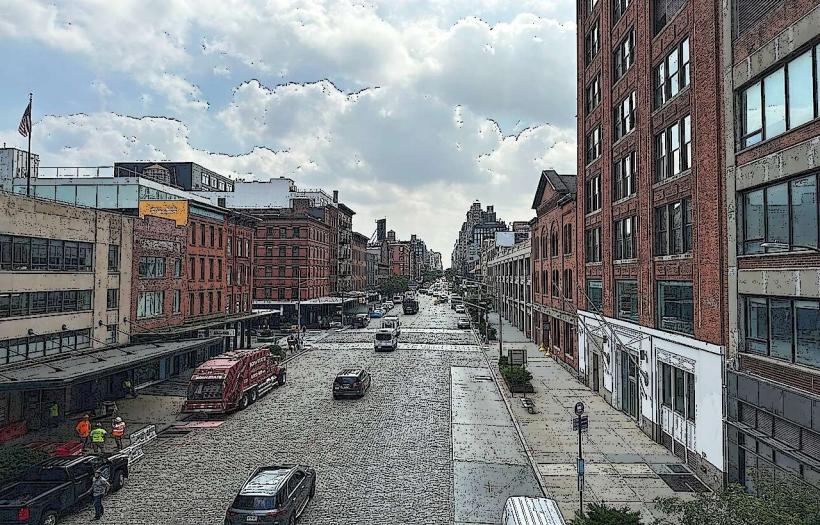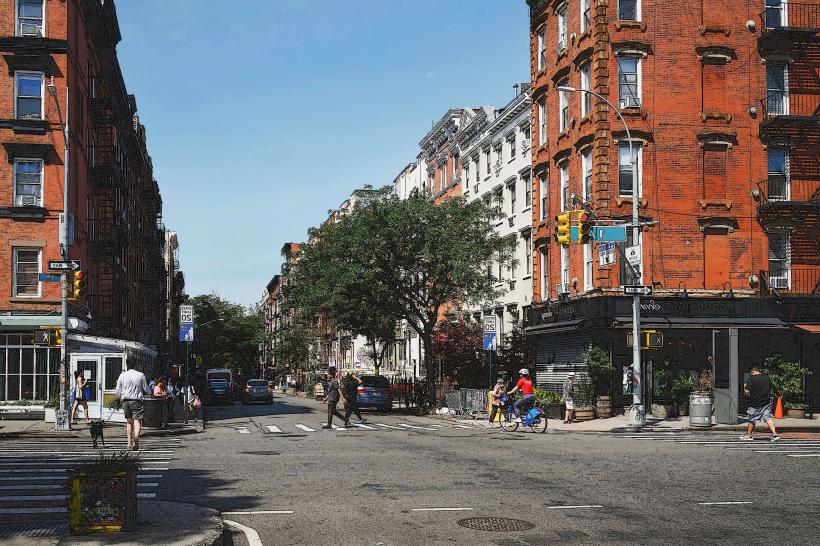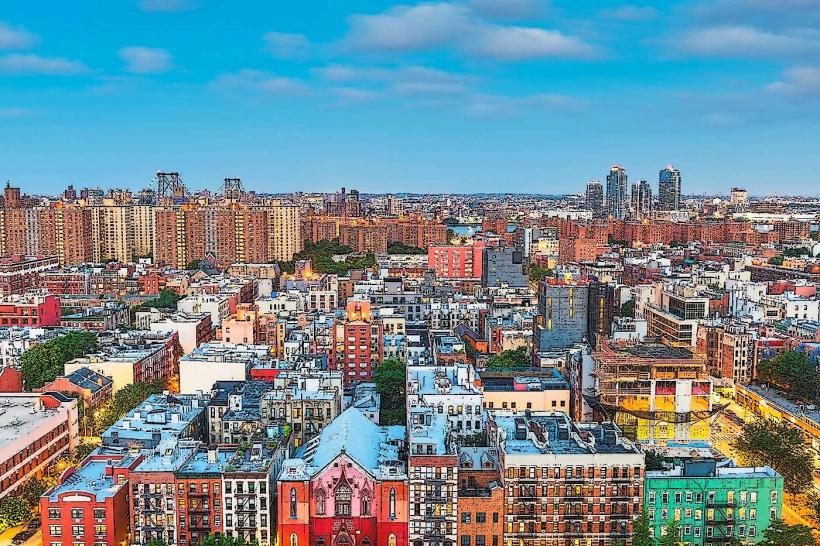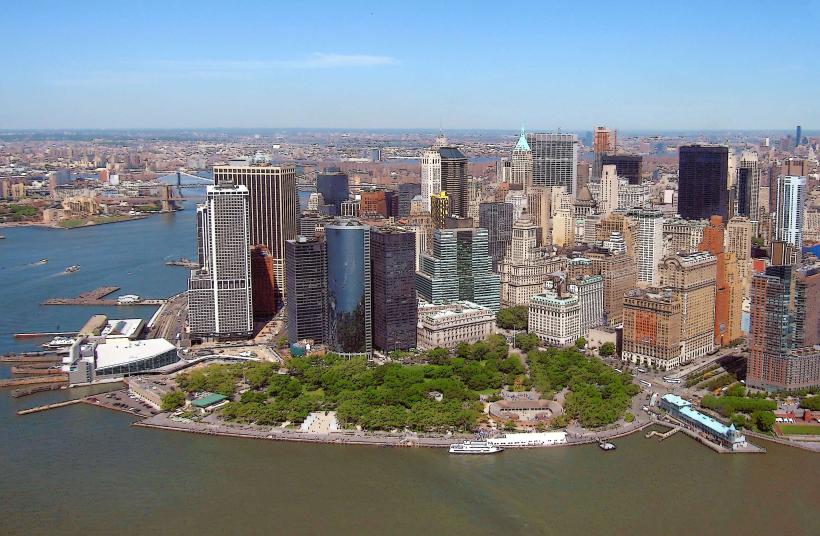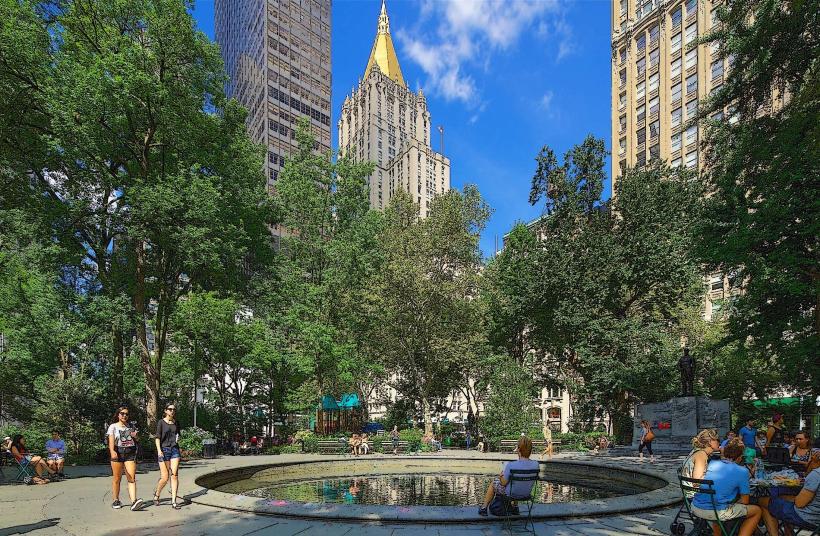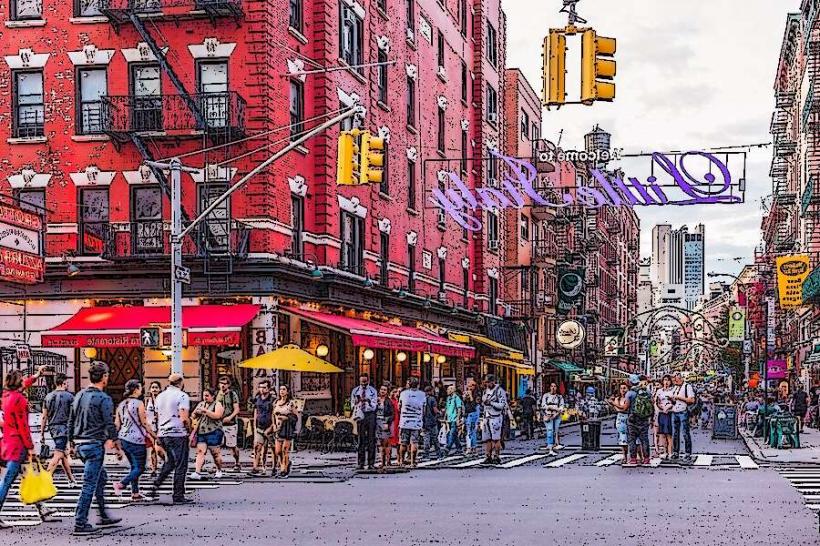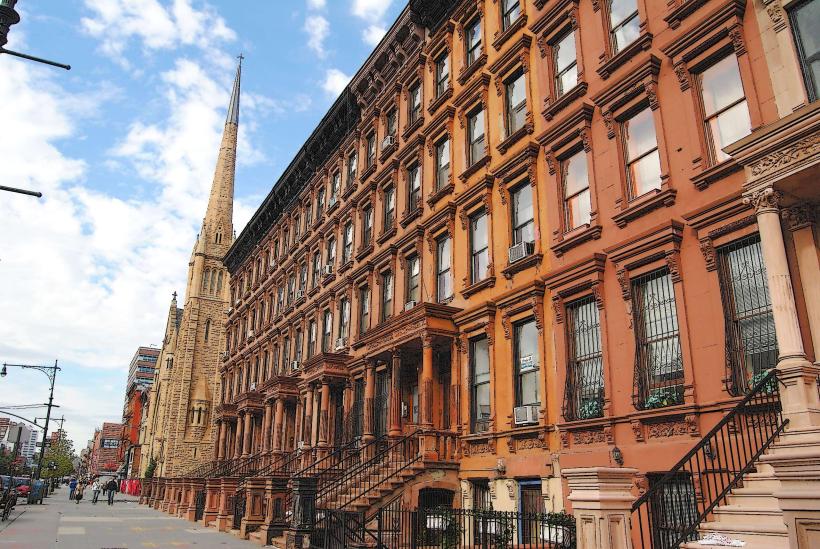Information
Landmark: Dakota BuildingCity: Manhattan
Country: USA New York
Continent: North America
Dakota Building, Manhattan, USA New York, North America
The Dakota Building, commonly known as The Dakota, is one of New York City’s most iconic and storied residential buildings. Located on the Upper West Side at the northwest corner of 72nd Street and Central Park West, it is known for its distinctive architectural style, its famous residents, and its place in cultural history-most notably as the site where John Lennon of The Beatles lived and was tragically killed.
Overview
Address: 1 West 72nd Street, Manhattan, New York City
Completed: 1884
Architect: Henry Janeway Hardenbergh
Style: German Renaissance Revival / Eclectic Victorian
Status: Designated a New York City Landmark in 1969 and added to the National Register of Historic Places in 1972
Type: Luxury cooperative apartment building
Architecture and Design
The Dakota was one of the earliest luxury apartment buildings in New York City, conceived at a time when apartment living was still considered inferior to private homes. Its design and construction helped redefine urban luxury.
Key Architectural Features:
Exterior: The façade features ornate gables, balconies, dormer windows, and wrought ironwork, drawing on Gothic and German Renaissance motifs.
Materials: Built from brick and sandstone with a distinctive high mansard roof and decorative iron cresting.
Layout: The building is arranged around a large central courtyard, which allows for increased light and ventilation.
Height: 10 stories, with prominent corner towers and chimneys giving it a castle-like silhouette.
Entrances: The grand arched entryway on 72nd Street allows carriages (and later vehicles) to enter into the central courtyard.
The building was a technological marvel for its time, featuring modern amenities such as elevators, steam heat, and private service corridors.
Historical and Cultural Significance
The Dakota has always had an air of exclusivity, privacy, and mystery. Its combination of architecture, prominent location across from Central Park, and celebrity residents has made it a fixture of New York lore.
Notable Residents:
John Lennon and Yoko Ono: Lived in the Dakota from 1973 until Lennon's death in 1980. Yoko Ono still maintains a residence there.
Lauren Bacall: The legendary actress lived there for decades.
Judy Garland, Leonard Bernstein, Boris Karloff, Rosemary Clooney, and Joe Namath are among other former residents.
The co-op board is famously selective, rejecting applications from even well-known figures like Billy Joel and Madonna.
John Lennon’s Assassination:
On December 8, 1980, John Lennon was shot and killed by Mark David Chapman at the entrance to the Dakota. The site has since become a place of pilgrimage for fans. Across the street in Central Park lies Strawberry Fields, a memorial created in Lennon’s honor.
Cultural Appearances
The Dakota has featured in numerous films and books, often as a symbol of mystery or affluence.
Rosemary’s Baby (1968): Roman Polanski used the Dakota (renamed “The Bramford” in the film) as the setting for the chilling horror story.
Vanilla Sky, Hannah and Her Sisters, and others have also used it as a filming location or inspiration.
Its imposing presence and moody architecture make it a natural choice for stories that blend the elegant and the uncanny.
The Interior
Because it's a private residence, the interior is not open to the public. However, it is known for its:
Spacious apartments (often over 4,000 square feet)
High ceilings and fireplaces
Hand-carved woodwork and plaster detailing
Private entrances for staff and deliveries
The building was constructed with an eye toward comfort and luxury that was unusual for apartment buildings at the time, emphasizing privacy and soundproofing.
The Name "The Dakota"
The origin of the name is somewhat ambiguous. A popular (though apocryphal) legend says it was so named because it was so far north (in the 1880s) that it felt like the Dakota Territory. However, it’s more likely that the name simply fit a then-fashionable trend of using romantic or exotic names for buildings.
Conclusion
The Dakota Building is not just a piece of architectural grandeur; it is a living museum of New York’s cultural, artistic, and social evolution. From its pioneering role in luxury apartment living to its place in rock and cinematic history, The Dakota continues to embody both the mystique and allure of Old New York.







